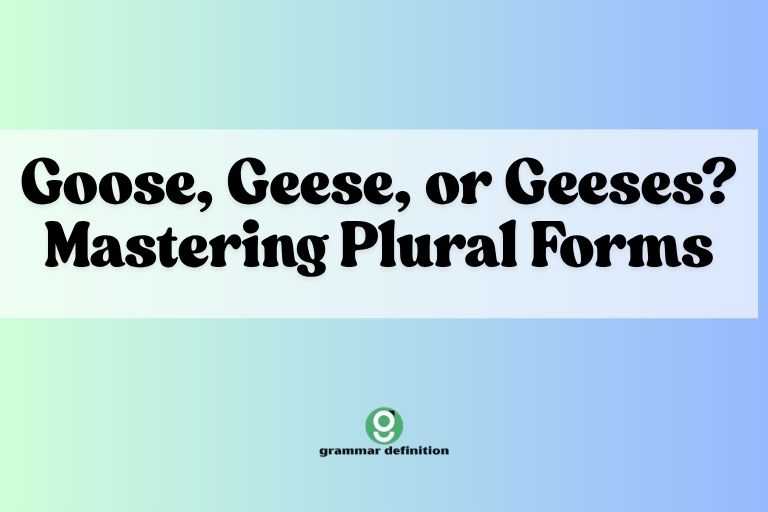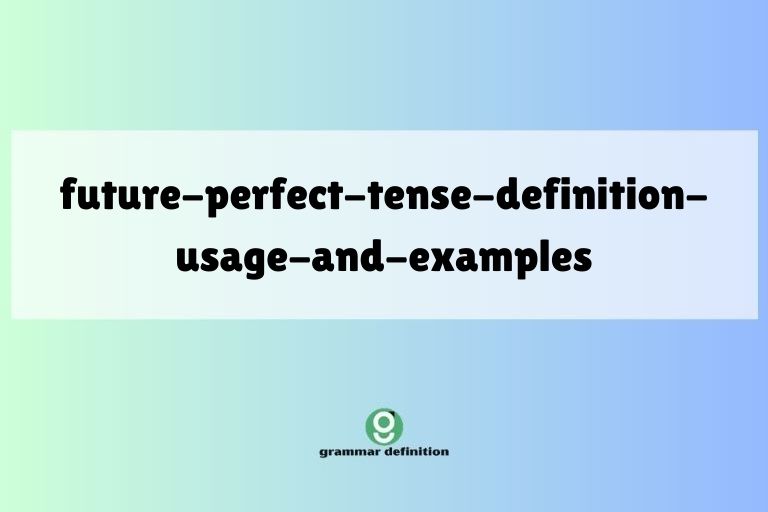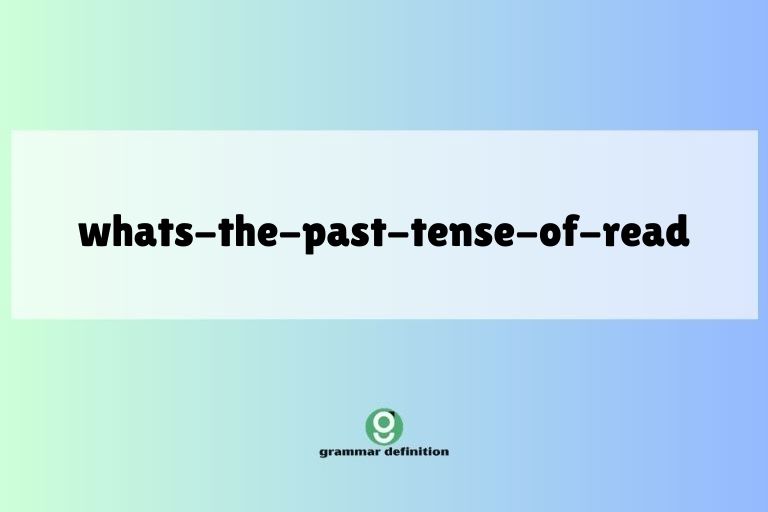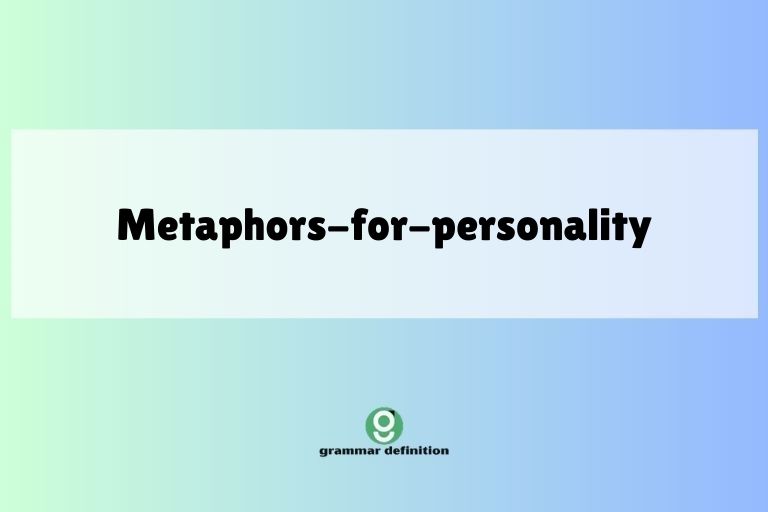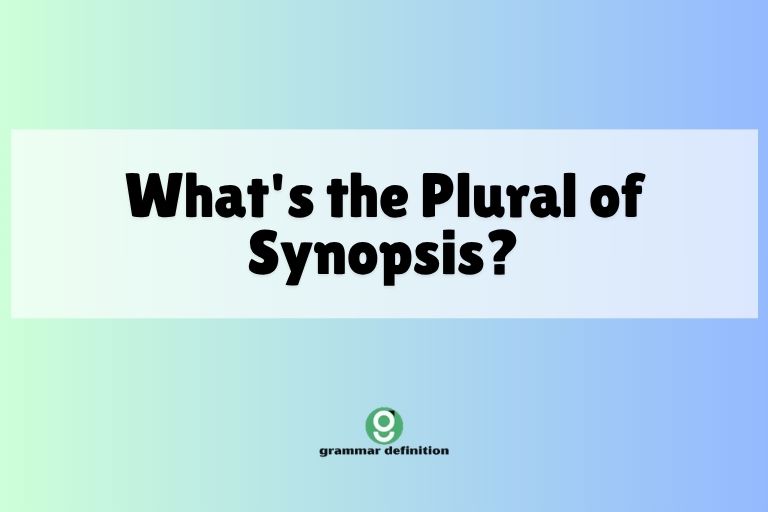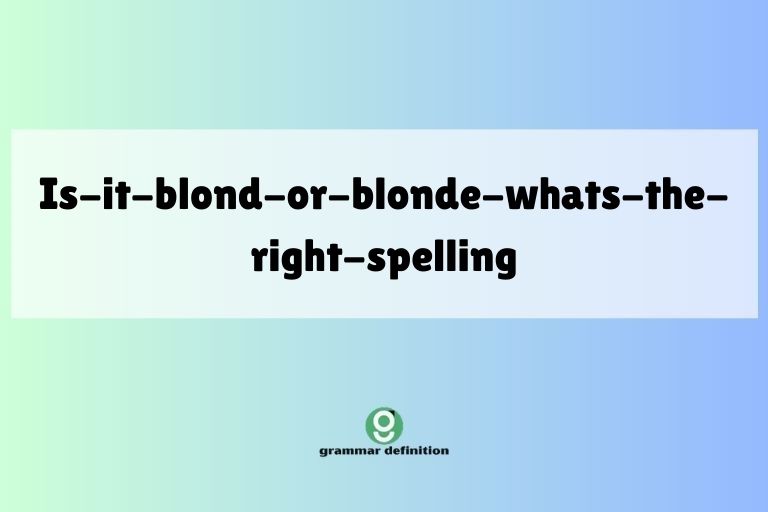Sleep or Slept: Mastering the Past Tense of “Sleep”
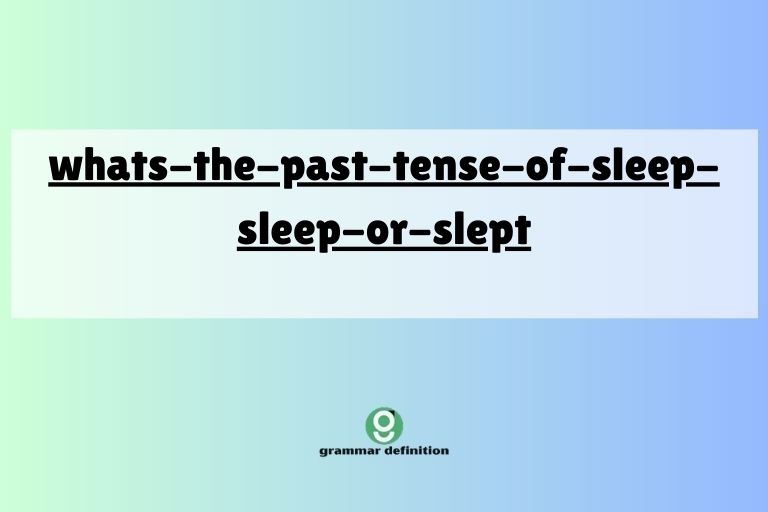
Understanding the correct past tense of common irregular verbs like “sleep” is crucial for accurate and effective communication in English. Choosing between “sleep” and “slept” might seem simple, but mastering it ensures clear and grammatically correct writing and speaking.
This article provides a comprehensive guide to the past tense of “sleep,” covering its definition, usage, examples, and common mistakes. This guide is perfect for English language learners of all levels looking to refine their grammar skills and improve their confidence in using English.
Table of Contents
- Introduction
- Definition of “Sleep” and Its Past Tense
- Structural Breakdown of the Past Tense
- Types of Past Tense
- Examples of “Slept” in Sentences
- Usage Rules for “Slept”
- Common Mistakes with “Sleep” and “Slept”
- Practice Exercises
- Advanced Topics: Perfect Tenses and Passive Voice
- Frequently Asked Questions
- Conclusion
Definition of “Sleep” and Its Past Tense
The word “sleep” functions primarily as a verb, referring to the natural state of rest during which consciousness is suspended. As a noun, “sleep” refers to the condition of being in this state. The past tense of “sleep” is “slept.” It’s an irregular verb, meaning it doesn’t follow the standard pattern of adding “-ed” to form the past tense.
Understanding the difference between the base form (“sleep”) and the past tense form (“slept”) is essential for constructing grammatically correct sentences. The past tense “slept” indicates that the action of sleeping occurred at a specific time in the past.
Structural Breakdown of the Past Tense
The verb “sleep” belongs to a group of irregular verbs that change their vowel sound in the past tense. The base form “sleep” transforms into “slept.” This change is not predictable by any simple rule, which is why it’s crucial to memorize these irregular forms.
The structure of a sentence using “slept” typically follows the pattern: Subject + Slept + (Optional Complement/Object).
For example:
- Subject: I
- Verb (Past Tense): Slept
- Optional Complement: Soundly
The complete sentence would be: “I slept soundly.”
Types of Past Tense
While the past tense of “sleep” is “slept,” it’s important to understand how it fits into different types of past tense constructions:
Simple Past Tense
The simple past tense indicates a completed action in the past. “Slept” is used directly after the subject in this tense.
Example: “She slept for eight hours last night.”
Past Continuous Tense
The past continuous tense describes an ongoing action in the past. It uses the auxiliary verb “was” or “were” followed by the present participle (verb + -ing).
It does *not* directly use ‘slept’.
Example: “They were sleeping when the phone rang.”
Past Perfect Tense
The past perfect tense indicates an action that was completed before another action in the past. It uses the auxiliary verb “had” followed by the past participle “slept.”
Example: “He had slept before the guests arrived.”
Past Perfect Continuous Tense
The past perfect continuous tense describes an action that had been ongoing for a period of time before another action in the past. It uses the auxiliary verbs “had been” followed by the present participle (verb + -ing).
It does *not* directly use ‘slept’.
Example: “I had been sleeping for hours when the storm started.”
Examples of “Slept” in Sentences
The following tables provide extensive examples of how “slept” is used in various contexts. These examples illustrate the use of “slept” in simple sentences, complex sentences, and different tenses.
Table 1: “Slept” in Simple Past Tense
This table showcases the use of “slept” in simple past tense sentences, demonstrating its role in indicating completed actions in the past.
| Sentence | Context |
|---|---|
| I slept well last night. | Describing a good night’s rest. |
| She slept through the entire movie. | Indicating uninterrupted sleep. |
| He slept on the train. | Describing sleeping during travel. |
| We slept in late on Sunday. | Indicating sleeping later than usual. |
| They slept soundly after a long day. | Describing restful sleep after exertion. |
| The baby slept peacefully in her crib. | Describing a baby’s undisturbed sleep. |
| My dog slept at my feet. | Describing an animal sleeping nearby. |
| The cat slept on the windowsill. | Describing an animal’s sleeping location. |
| He slept with the light on. | Indicating a specific sleeping condition. |
| She slept with the window open. | Describing sleeping with an open window. |
| I slept on the couch. | Describing an alternative sleeping location. |
| He slept in a tent. | Describing sleeping outdoors. |
| We slept in a hotel. | Describing sleeping in a temporary lodging. |
| They slept through the storm. | Indicating sleep during a weather event. |
| She slept until noon. | Describing sleeping until a specific time. |
| He slept like a log. | Using an idiom to describe deep sleep. |
| I slept badly last night. | Describing a poor night’s rest. |
| She slept fitfully. | Describing restless sleep. |
| He slept deeply. | Describing profound sleep. |
| We slept lightly. | Describing easily disturbed sleep. |
| The children slept soundly. | Describing children in peaceful sleep. |
| The weary traveler slept well. | Describing a tired person’s restful sleep. |
| After the race, he slept for hours. | Describing extended sleep after an event. |
| She slept because she was exhausted. | Describing sleep due to fatigue. |
Table 2: “Slept” in Past Perfect Tense
This table illustrates the use of “slept” in the past perfect tense, emphasizing actions completed before another point in the past.
| Sentence | Context |
|---|---|
| I had slept before the alarm went off. | Indicating sleep prior to an alarm. |
| She had slept all day because she was sick. | Describing extended sleep due to illness. |
| He had slept soundly until the noise woke him. | Indicating sleep interrupted by noise. |
| We had slept for hours before they arrived. | Describing sleep before someone’s arrival. |
| They had slept in a different hotel. | Describing a prior sleeping arrangement. |
| The baby had slept well, so she was happy. | Describing the reason for a baby’s good mood. |
| My dog had slept on the bed earlier. | Describing a dog’s previous sleeping location. |
| The cat had slept by the fire. | Describing where the cat previously slept. |
| He had slept with a mask on. | Indicating a specific sleeping condition in the past. |
| She had slept with the door locked. | Describing a safety precaution taken during sleep. |
| I had slept on the floor. | Describing a past sleeping arrangement. |
| He had slept in a sleeping bag. | Describing sleeping gear used previously. |
| We had slept in a cabin before. | Describing previous lodging experience. |
| They had slept through the first act of the play. | Indicating missed event due to sleep. |
| She had slept until sunset. | Describing extended sleep in the past. |
| He had slept enough to feel refreshed. | Describing sufficient sleep for recovery. |
| I had slept poorly the night before. | Describing a previous bad night’s sleep. |
| She had slept restlessly. | Describing disturbed sleep in the past. |
| He had slept too much and felt groggy. | Describing the effect of oversleeping. |
| We had slept comfortably in the new beds. | Describing comfortable sleep in new beds. |
| The children had slept peacefully. | Describing children’s undisturbed sleep. |
| The exhausted hikers had slept soundly. | Describing restful sleep after hiking. |
| Before the storm hit, he had slept well. | Describing sleep before a disruptive event. |
| She had slept before the phone call. | Describing sleep prior to a phone call. |
Table 3: “Slept” in Complex Sentences
This table provides examples of “slept” used within complex sentences, showcasing its integration into more elaborate sentence structures.
| Sentence | Context |
|---|---|
| Because I slept late, I missed my appointment. | Explaining a consequence of sleeping late. |
| Although she slept poorly, she still felt rested. | Describing a contrast between sleep quality and feeling. |
| If he had slept better, he would have been more productive. | Hypothesizing the impact of better sleep. |
| We slept until the sun rose, which was very late. | Describing sleeping until a specific time. |
| They slept soundly because they were exhausted from the trip. | Explaining the reason for sound sleep. |
| The baby slept peacefully, so her mother could relax. | Describing the effect of the baby’s peaceful sleep. |
| My dog slept at my feet while I worked. | Describing the dog’s proximity during work. |
| The cat slept on the windowsill where it was warm. | Describing the cat’s sleeping location. |
| He slept with the light on, even though it bothered his roommate. | Describing a habit despite its effect on others. |
| She slept with the window open, despite the cold. | Describing a choice despite an adverse condition. |
| I slept on the couch because my bed was uncomfortable. | Explaining the reason for sleeping on the couch. |
| He slept in a tent, even though it was raining. | Describing sleeping outdoors despite weather. |
| We slept in a hotel because our house was being renovated. | Explaining the reason for staying in a hotel. |
| They slept through the storm, unaware of the danger. | Describing sleeping through an event. |
| She slept until noon, which was unusual for her. | Describing an atypical sleeping pattern. |
| He slept like a log, so nothing could wake him. | Describing deep sleep and its effect. |
| I slept badly last night, so I’m tired today. | Explaining the consequence of poor sleep. |
| She slept fitfully, which made her feel even more tired. | Describing restless sleep and its effect. |
| He slept deeply, which helped him recover from his illness. | Describing the benefit of deep sleep. |
| We slept lightly because we were in a new environment. | Explaining the reason for light sleep. |
| The children slept soundly, dreaming of their adventures. | Describing children’s peaceful sleep and dreams. |
| The weary traveler slept well, finally finding relief. | Describing restful sleep after travel. |
| After the race, he slept for hours, replenishing his energy. | Describing extended sleep for recovery. |
| She slept because she was exhausted, needing to recharge. | Explaining the reason for sleep. |
Usage Rules for “Slept”
The primary rule for using “slept” is that it represents the past tense of the verb “sleep.” Here are some specific rules to consider:
- Use “slept” to describe completed actions in the past. For example, “I slept for eight hours last night.”
- Use “had slept” in the past perfect tense to indicate an action completed before another action in the past. For example, “I had slept before the alarm went off.”
- Avoid using “sleep” in place of “slept” when referring to a past action. “I sleep well last night” is incorrect; the correct sentence is “I slept well last night.”
Exceptions: There are no true exceptions to the rule that “slept” is the past tense of “sleep.” However, be mindful of the context and ensure that you’re not accidentally using the base form “sleep” when the past tense is required.
Common Mistakes with “Sleep” and “Slept”
One of the most common mistakes is using the base form “sleep” instead of the past tense “slept” when describing a past action.
| Incorrect | Correct | Explanation |
|---|---|---|
| I sleep well last night. | I slept well last night. | “Sleep” is the base form; “slept” is the past tense. |
| She sleep through the movie. | She slept through the movie. | “Sleep” should be “slept” to indicate a past action. |
| He had sleep before the alarm. | He had slept before the alarm. | Past participle “slept” is needed with “had.” |
Another common mistake is confusing “slept” with other similar-sounding words or using it in the wrong tense.
Practice Exercises
Test your understanding of “sleep” and “slept” with these practice exercises. Fill in the blanks with the correct form of the verb “sleep.”
Exercise 1: Simple Past Tense
Complete the following sentences using the simple past tense (“slept”).
| Question | Answer |
|---|---|
| 1. I ______ for ten hours last night. | slept |
| 2. She ______ through the entire concert. | slept |
| 3. He ______ on the plane. | slept |
| 4. We ______ in late because it was a holiday. | slept |
| 5. They ______ soundly after their long journey. | slept |
| 6. The cat ______ on the warm radiator. | slept |
| 7. The baby ______ peacefully in its cradle. | slept |
| 8. He ______ with the window open, despite the cold. | slept |
| 9. I ______ on the sofa because the bed was taken. | slept |
| 10. She ______ until noon on her day off. | slept |
Exercise 2: Past Perfect Tense
Complete the following sentences using the past perfect tense (“had slept”).
| Question | Answer |
|---|---|
| 1. I ______ before the guests arrived. | had slept |
| 2. She ______ all afternoon because she felt unwell. | had slept |
| 3. He ______ soundly until the loud noise woke him up. | had slept |
| 4. We ______ for several hours before the storm began. | had slept |
| 5. They ______ in a different hotel the previous night. | had slept |
| 6. The dog ______ on the rug all morning. | had slept |
| 7. The child ______ well, so she was full of energy. | had slept |
| 8. I ______ before the movie started. | had slept |
| 9. She ______ before the alarm clock rang. | had slept |
| 10. He ______ soundly before the earthquake. | had slept |
Exercise 3: Correct the Mistakes
Identify and correct the errors in the following sentences.
| Incorrect Sentence | Correct Sentence | Explanation |
|---|---|---|
| 1. I sleep good last night. | I slept well last night. | “Sleep” should be “slept” in the past tense. |
| 2. She sleep through the party. | She slept through the party. | “Sleep” should be “slept” to indicate a past action. |
| 3. He had sleep before the movie started. | He had slept before the movie started. | “Sleep” should be “slept” as the past participle. |
| 4. We sleep until noon on Sunday. | We slept until noon on Sunday. | “Sleep” should be “slept” to indicate a past action. |
| 5. They sleep soundly after the hike. | They slept soundly after the hike. | “Sleep” should be “slept” to indicate a past action. |
| 6. The cat sleep on the sofa. | The cat slept on the sofa. | “Sleep” should be “slept” to indicate a past action. |
| 7. I had never sleep so well before. | I had never slept so well before. | “Sleep” should be “slept” as the past participle. |
| 8. She sleep because she was tired. | She slept because she was tired. | “Sleep” should be “slept” to indicate a past action. |
| 9. He sleep through his alarm. | He slept through his alarm. | “Sleep” should be “slept” to indicate a past action. |
| 10. We sleep late on weekends. | We slept late on weekends. | “Sleep” should be “slept” to indicate a past action. |
Advanced Topics: Perfect Tenses and Passive Voice
For advanced learners, understanding how “slept” is used in perfect tenses and the passive voice is crucial.
Perfect Tenses
As mentioned earlier, the past perfect tense uses “had slept.” The present perfect tense would never use ‘slept’ directly. Instead, it would be ‘have/has been sleeping’ to indicate duration.
Passive Voice
The passive voice focuses on the action rather than the actor. While “sleep” is not commonly used in the passive voice, it is possible.
For example: “It was slept on” (meaning a decision or issue was not acted upon). However, this is rare and generally not recommended.
Frequently Asked Questions
Here are some frequently asked questions about the past tense of “sleep”:
- Is “sleeped” a word?
No, “sleeped” is not a word. The past tense of “sleep” is “slept,” which is an irregular verb form.
- How do I know when to use “sleep” vs. “slept”?
Use “sleep” in the present tense or as the base form of the verb. Use “slept” to describe actions that occurred in the past.
- Can “slept” be used in the future tense?
No, “slept” is strictly a past tense form. To refer to sleep in the future, use “will sleep” or “going to sleep.”
- What is the past participle of “sleep”?
The past participle of “sleep” is “slept.” It is used with auxiliary verbs like “have” or “had” to form perfect tenses.
- How do I use “slept” in a question?
Use “did sleep” for simple past questions (e.g., “Did you sleep well?”). Use “had slept” for past perfect questions (e.g., “Had you slept before the alarm rang?”).
- What is the difference between “I slept” and “I was sleeping”?
“I slept” indicates a completed action in the past. “I was sleeping” indicates an ongoing action in the past, often interrupted by another event.
- Is it correct to say “I have slept”?
Yes, “I have slept” is correct. It is the present perfect tense and indicates an action completed at some unspecified time in the past, or an action that has relevance to the present. For example: “I have slept well this week.”
- Can I use “slept” as an adjective?
While not a standard adjective, “slept-on” can be used as a compound adjective to describe something ignored or neglected. For example, “a slept-on issue.”
Conclusion
Mastering the past tense of “sleep” is essential for accurate and fluent English communication. Remember that the past tense of “sleep” is “slept,” an irregular verb form.
This article has provided a comprehensive guide, including definitions, examples, usage rules, common mistakes, and practice exercises. By understanding these concepts and practicing regularly, you can confidently use “slept” in your writing and speaking.
Continue practicing with different exercises and real-life scenarios to solidify your understanding. Pay close attention to the context and tense when using “sleep” and “slept.” Consistent practice and awareness will help you avoid common mistakes and improve your overall grammar skills.

